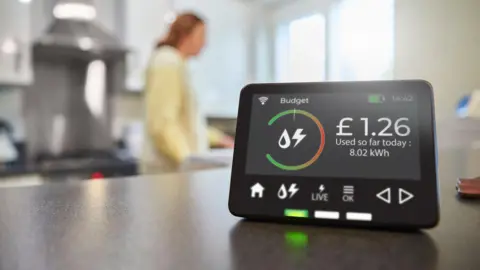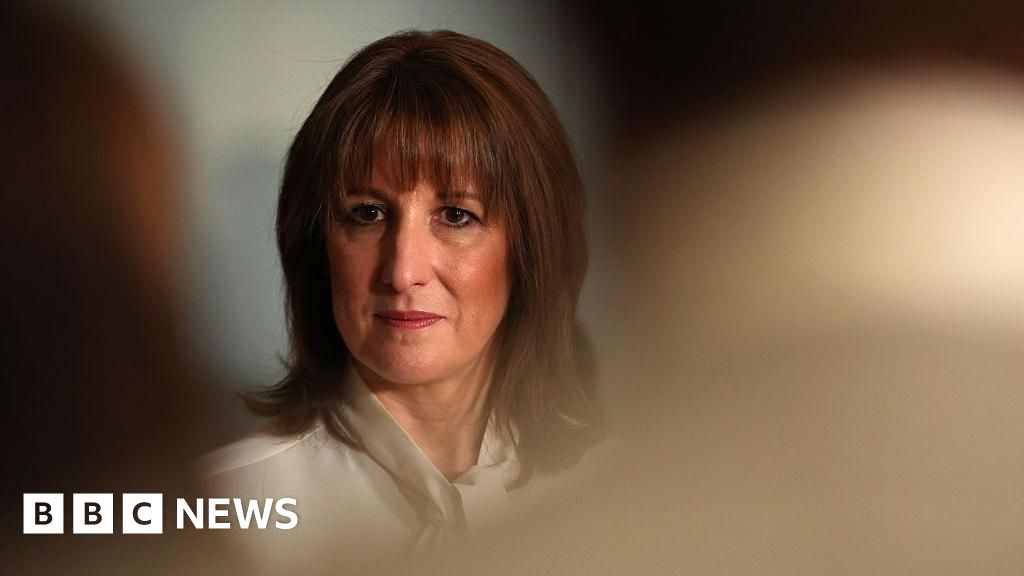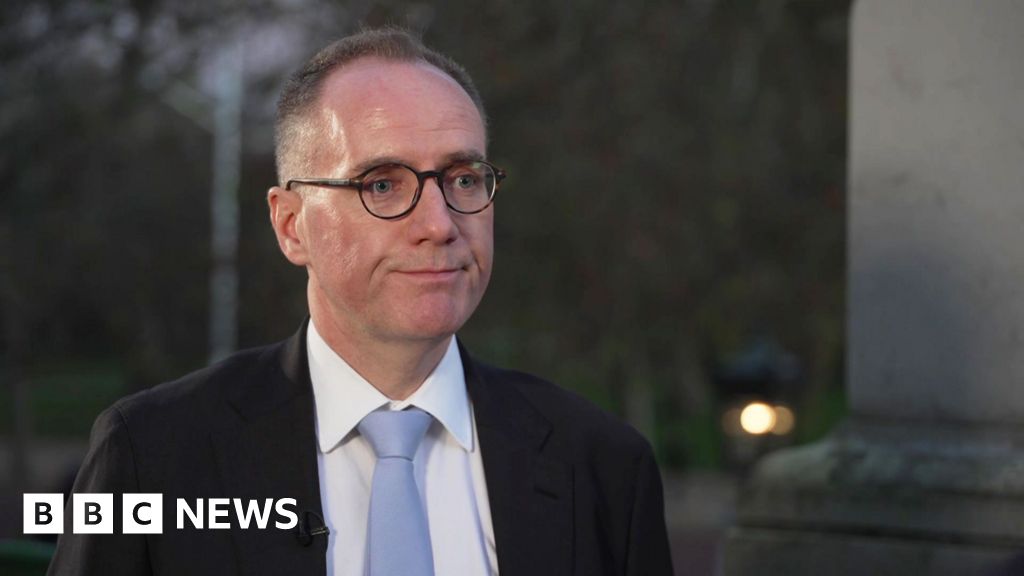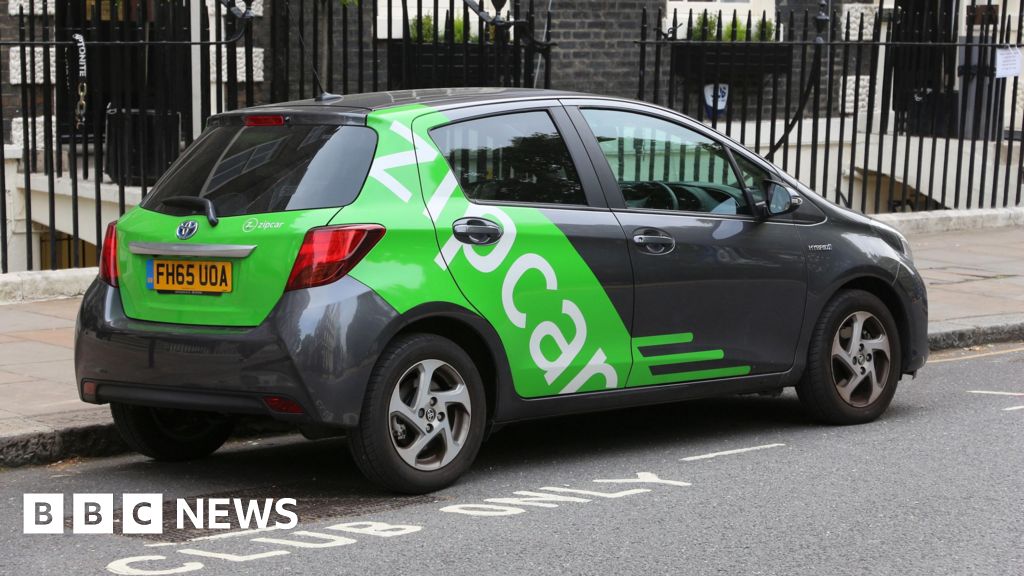Kevin PeacheyCost of living correspondent

 Getty Images
Getty Images
Every household will be offered a low standing charge deal by the end of January, under new plans, but the cost of overall energy bills is unlikely to fall.
Regulator Ofgem has announced all suppliers in England, Scotland and Wales will offer at least one tariff in which standing charges are lower but customers then pay more for each unit of energy used.
The move comes after those who use relatively little gas and electricity argued they have no control over the fixed daily charges, which cover the cost of connecting to a gas and electricity supply.
However, consumer champion Martin Lewis said the policy was "disappointing" and charities warned it did not address the issue of high bills.
Standing charges pay for the cost of transporting energy to people's homes, security of the supply, investment in the energy network and some bill support schemes.
From 1 October, the charges will typically cost 53.68p a day for electricity and 34.03p a day for gas for those paying by direct debit.
However, these fees vary depending on where billpayers live. In North Wales and Merseyside, the cost will be nearly 70p a day for electricity, for example.
Ofgem has been considering how to change the bill payments system after widespread concern and backlash from households.
When bills were at a peak in the winter of 2022, many people slashed their energy use but still had to pay the standing charge element of the bill, regardless of how much gas or electricity was used.
While Ofgem's plans will enable customers to take up a deal where standing charges are lower, the savings are likely to be limited due to such tariffs having higher rates for energy usage.
"Plans to offer a lower standing charge may provide more choice to consumers, but won't bring down people's bills," said Gillian Cooper, director of energy at Citizens Advice.
Ofgem said costs covered by standing charges must be paid somehow, and so has said it could only move them to another part of the bill.
The announcement of the plans comes as energy bills for millions of people on tariffs which vary with Ofgem's price cap are rising by 2% in October.
Rising standing charges are part of that, with the fees typically rising by 4% for electricity and 14% for gas.
'More choice'
"We have carefully considered how we can offer more choice on how they pay these fixed costs, however we have taken care to ensure we don't make some customers worse off," said Tim Jarvis, from Ofgem.
The regulator's latest proposals are less radical than previously considered, and it would also require tariffs to have a minimum usage level.
Under its plans, now subject to consultation:
All suppliers in England, Scotland and Wales must offer a low standing charge tariff to customers. Some providers already offer this as an option, but it would be universalAll billpayers will have the choice to move to such a tariff by the end of January The new tariffs will be available to customers irrespective of how they pay their bill, such as by direct debit or quarterly on demand"The costs covered by the standing charge ultimately must be paid. We cannot remove these charges, we can only move costs around," added Mr Jarvis.
"These changes would give households the choice they have asked for, but it's important that everyone carefully considers what's right for them as these tariffs are unlikely to reduce bills on their own."
People who cut their energy use should see a bigger reduction in bills than would be the case without these changes, he said.
Suppliers will be able to decide whether to also offer zero standing charge tariffs, with much higher unit rates.
Rising cost
Many charities say that rather than shifting the fee onto another part of the bill, more should be done to help those struggling to pay.
"With October's price hike just around the corner, lower standing charge tariffs will not help the millions of households bracing themselves for yet another winter of unaffordable energy bills," said Ms Cooper, of Citizens Advice.
Campaigners are also concerned that more tariffs could create greater confusion.
Mr Lewis, the founder of Money Saving Expert, said the "disappointing" plan seemed to be "significantly watered down" from earlier proposals.
"I get more complaints about standing charges than anything else in energy bills," he said. "I worry Ofgem has picked an easy route to appease suppliers' concerns, that doesn't help the most vulnerable.
"I suspect if it goes ahead like this, not enough people will switch and they'll say 'it wasn't worth it.'"
Dhara Vyas, from Energy UK, which represents suppliers, said it was hard to see how the move warranted the potential cost and disruption.
"Ofgem admits [this] will only be temporary and merely move costs around on the bill, so delivering a limited benefit to customers," she said.
The plans will now go to consultation before a final decision is made.

 Movie
Movie 2 months ago
259
2 months ago
259 




![Presidents Day Weekend Car Sales [2021 Edition] Presidents Day Weekend Car Sales [2021 Edition]](https://www.findthebestcarprice.com/wp-content/uploads/Presidents-Day-Weekend-car-sales.jpg)




 English (United States)
English (United States)